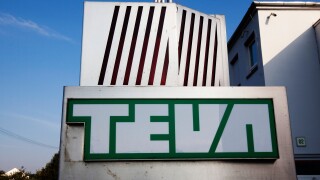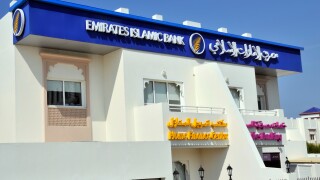Middle East Bonds
-
Yields not seen for years on high rated names delight Swiss investors
-
FAB tightened pricing as expected as it added to green debt
-
Small new issue premium paid for emirate's sukuk
-
The only new CEEMEA bonds this week were from higher rated Middle Eastern issuers
-
Abu Dhabi bank brings first public dollar deal for four years
-
Kuwaiti lender went ahead but another Middle East issuer waited for a better window
-
Middle East issuer is the first non-sovereign to print a bond since Russia's invasion of Ukraine
-
This year might not be a bumper one for Gulf bond issuance, but the issuers that do come will be well set
-
Dollar benchmark marks return of state-owned utility
-
New investment vehicle will look to raise $2bn
-
EM issuers wait to see if Fed will taper before printing bonds
-
Result shows EM demand for quality strong in spite of volatility












